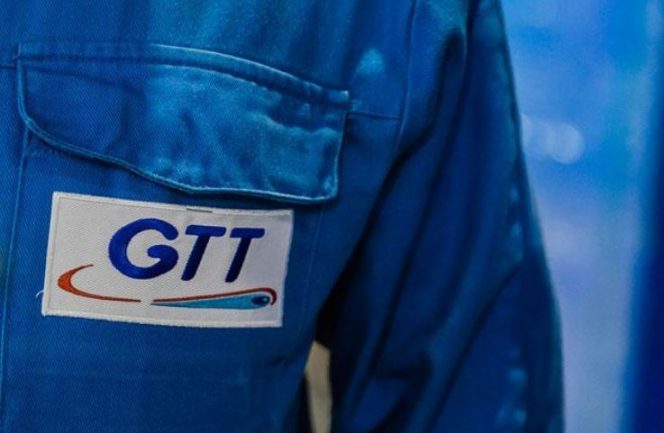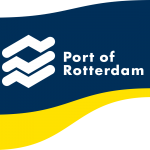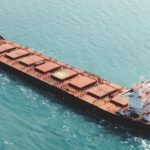GTT has received an order from its partner, the Korean shipyard Hyundai Samho Heavy Industries (HSHI), for the fuel tank design of six LNG-fueled container vessels. The ship-owner and the charterer, both Europeans, remain anonymous at this stage.
These six new vessels, each with a capacity of 15,600 containers, will be equipped with LNG tanks, each holding up to 12,700 m3 of LNG used as fuel. The tanks will be fitted with the Mark III Flex membrane containment technology, developed by GTT. The delivery of these six vessels will take place throughout 2024.
LNG is today the best marine fuel to preserve air quality, a major public health issue. It reduces sulphur oxide emissions by 99%, fine particles by 91% and nitrous oxide emissions by 92%. It also reduces ship CO2 emissions by up to 20% compared to a conventional ship.
GTT will provide the engineering services and on-site technical assistance and will assist the operator through every step of their first LNG-fueled project: commissioning of the LNG tank, first LNG bunkering operations, as well as further specific LNG operations and maintenance of the vessels.
Moreover, GTT will provide LNG training for the crews, supported by its proprietary G-Sim® training simulator, which replicates the future LNG operations of the vessels. GTT will also offer its HEARS® emergency response service with 24/7 technical assistance.
In addition, GTT will fit these six vessels with its “GTT Digital” platform, a smart shipping solution to monitor and optimize the operational performance of the vessels and further reduce their energy consumption and environmental footprint.
Philippe Berterottière, Chairman and CEO of GTT, declared: “In a context of decarbonization of the maritime industry, we are pleased that our partner Hyundai Samho Heavy Industries is reiterating, with this new order, its confidence in GTT. We are particularly proud that leading shipbuilders recognize GTT’s expertise in the area of LNG used as fuel, and choose our innovative solutions both in LNG as fuel and smart shipping, proof of their effectiveness in addressing the environmental challenges of maritime transport.”
Source: Hellenic Shipping News






